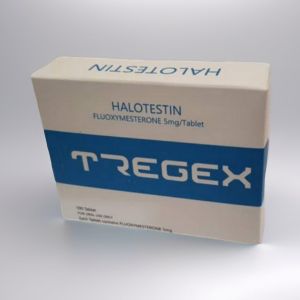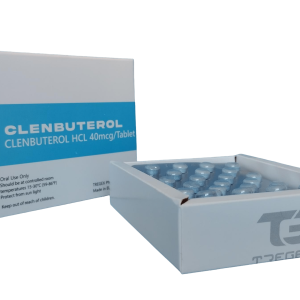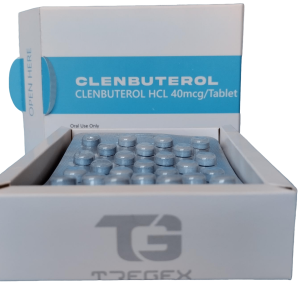Anastrozole 10mg/tablets
Anastrozole is a medication that is primarily used to treat breast cancer in postmenopausal women by lowering estrogen levels in the body. However, it can also be used off-label in men to decrease the production of estrogen in the body and increase the free testosterone levels.
Anastrozole is a drug that is used to block the enzyme responsible for the conversion of testosterone to estrogen. It is primarily used to treat breast cancer in postmenopausal women, but it can also be used off-label in men. Some reasons for taking anastrozole in men are low testosterone levels, prostate conditions, enlarged breasts, or high estrogen levels caused by steroid use . The standard dosage of Anastrozole for men is typically 1 mg per day. This dosage is often recommended by healthcare professionals to regulate estrogen levels and manage related symptoms. However, it is essential to note that dosages may vary based on individual factors, such as the severity of estrogen-related issues and response to treatment . Anastrozole can improve testosterone effects and reduce estrogen-related side effects in men.














Reviews
There are no reviews yet.